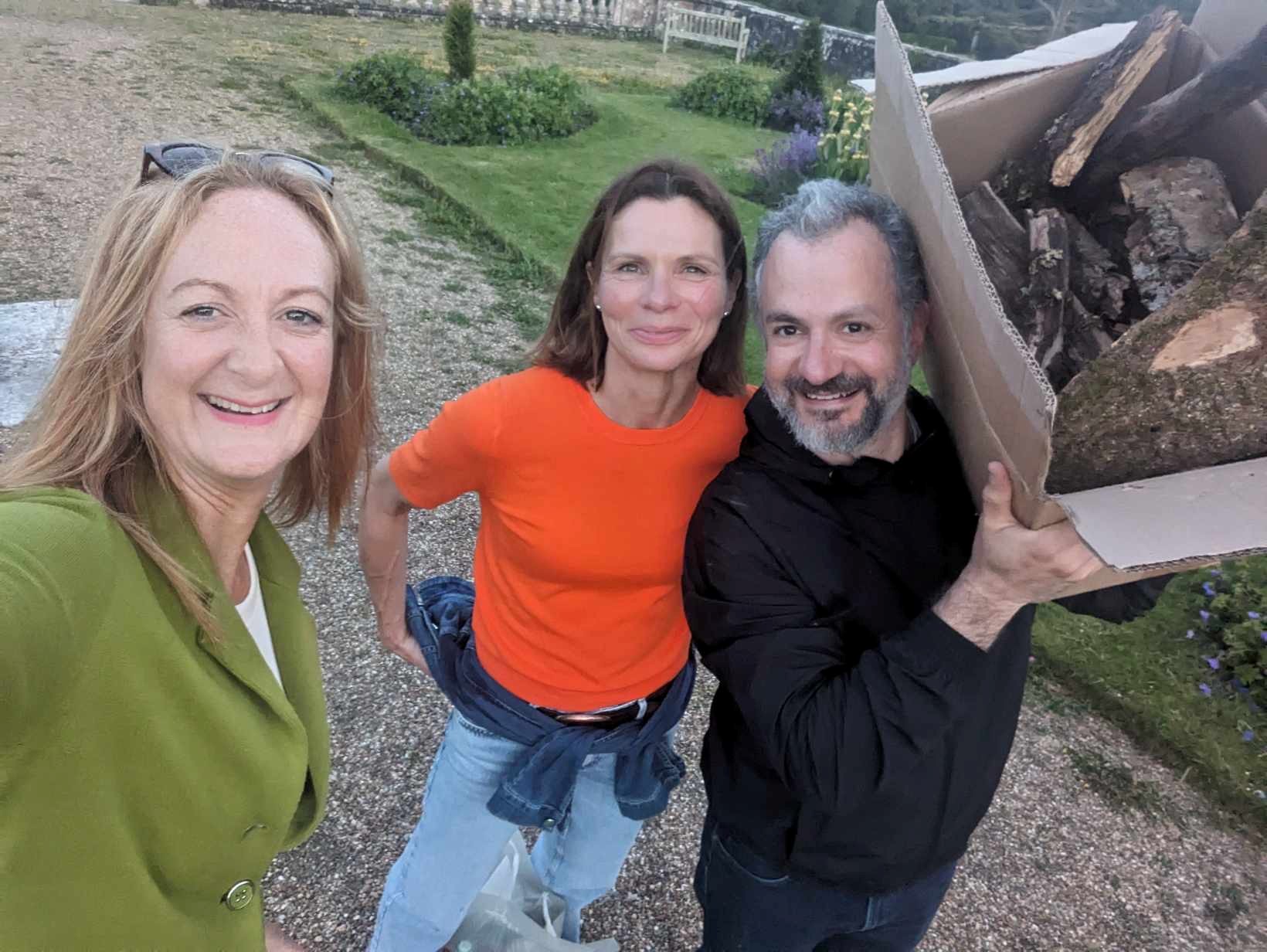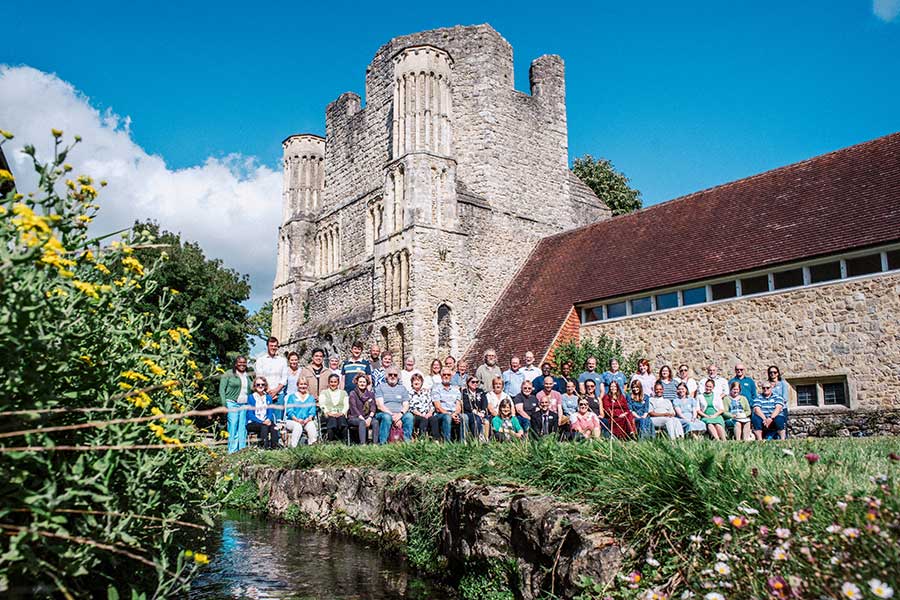
Welcome to the first blog post in our ordination training series. In this post, we explain what the discernment process involves.
Feeling called to ministry can be life-changing, exciting and overwhelming, but you do not have to figure it out alone.
If you sense God is calling you to ordained ministry, the first step is to speak with your vicar or chaplain and, in due course, enter your diocese’s discernment process.
How long is the discernment process?
The discernment process takes time, and it isn’t quick. The formal diocesan part of the process typically takes two or more years, as it involves quite a few meetings.
Ordination demands a lot from people, and thoroughness at the discernment stage helps people find God’s call upon their lives through ordination or some other form of ministry.
During discernment, you will take time to think through the ‘big’ questions, and at the same time, those who meet you will be asking themselves these sorts of questions:
- Is this person suited to ordained ministry, and if so, how?
- Is God calling them to ordination?
- How might they grow spiritually and emotionally in service of God and the Church?
After discernment, you start ordination training at your chosen theological college, which usually lasts one to three years. At St Augustine’s College of Theology, ordination training starts every September, and we recommend that you contact us as soon as possible if you have any questions.

How does the discernment process start?
Speak to your vicar or chaplain
The first formal step is a conversation with your vicar or chaplain. As they draw on their experience, you will learn more about ministry in the Church of England. These conversations will prepare you for the next stages of the process if you decide to continue.
Attend a vocations forum
Depending on your diocese, there might be an event such as a vocations forum where you will meet others who are considering ministerial training. Together, you will learn about vocation in a little more depth.
Meet with the vocations advisor at your diocese
Again, depending on your diocese, you might be invited to meet with a vocations advisor over the course of a few months. If they are content to recommend that you progress, you will be invited to meet with the Diocesan Director of Ordinands (DDO), or someone who is part of the DDO’s team.
Meet with the Diocesan Director of Ordinands (DDO)
The DDO or a member of their team continues the discernment process, asking themselves whether it is appropriate for you to go forward for selection at the national level.
These conversations are undoubtedly challenging, but they illuminate much about your life and help you bring before God your hopes and fears about ministry. You will think about:
- Your relationship with God in prayer
- Your growing understanding and familiarity with the Bible, theology and the traditions of the Church
- Your grasp of ministry and its demands
- Your leadership experiences, dealing with conflict and promoting reconciliation, giving an account of your faith in Christ, public speaking, and learning.
- Your familiarity with the many different ways Christians in the Church of England worship God and embody the gospel in their lives.
- And many other things.
The DDO will help you understand your strengths and where you need to grow. The most important thing here is being realistic about yourself, being open to God’s guidance, and being willing to seek the change that comes as the Spirit ‘conforms us into the image of Christ’.
Discernment groups and deeper Church involvement
If your diocese runs them, your DDO may encourage you to attend discernment groups. These are welcoming groups, often including clergy as well as laypeople. They will offer advice and examples and ask challenging questions about your vocation and readiness.
Probing conversations, particularly about the convictions you hold most precious, do not always come easy. If you come with an open heart and mind, you will find valuable and encouraging support in your discernment group and make friendships that will last into your vocational future.
This stage in the discernment process is also an excellent time to get more involved in your Church through outreach, for example, by caring for people in the congregation or local community or leading worship.
Selection panel
At some point, the DDO will recommend you for the formal assessment stages.
Meeting a panel might feel like a big step, but by this point, you will have a clearer understanding of your calling and feel more confident.
There are two stages:
Stage one
This consists of six conversations with six different advisors from the Church of England, each covering one of the qualities expected of someone beginning ordination training.
The Stage 1 panel sends their report to your bishop, who will invite you to continue to the second stage if they agree it is now time. However, this is not a selection panel. The most important question is, ‘Are you ready to continue in the discernment process?’
Stage two
This is a selection panel with two interviews, a short written exercise and a group exercise.
The Stage 2 panel will write a report to your bishop recommending whether or not it is appropriate for you to begin ordination training.
Applying for ordination training
If you’re recommended for ordination training at St Augustine’s College of Theology, we offer courses lasting one to three years from our campuses in West Malling in Kent and Southwark in central London.
We encourage you to apply soon, as places for ordinands fill quickly!
Contact our friendly admissions team if you need help with your application or want more information.
Book a taster event
If you want to sample theological training before you apply for ordination training, we recommend booking one of our taster events.
Taster events will loosen the grip of any nervousness about training and help you imagine yourself thriving in your education.
You can meet our excellent lecturers, sit in on classes, chat with current students, and get a real flavour of what we are all about.

